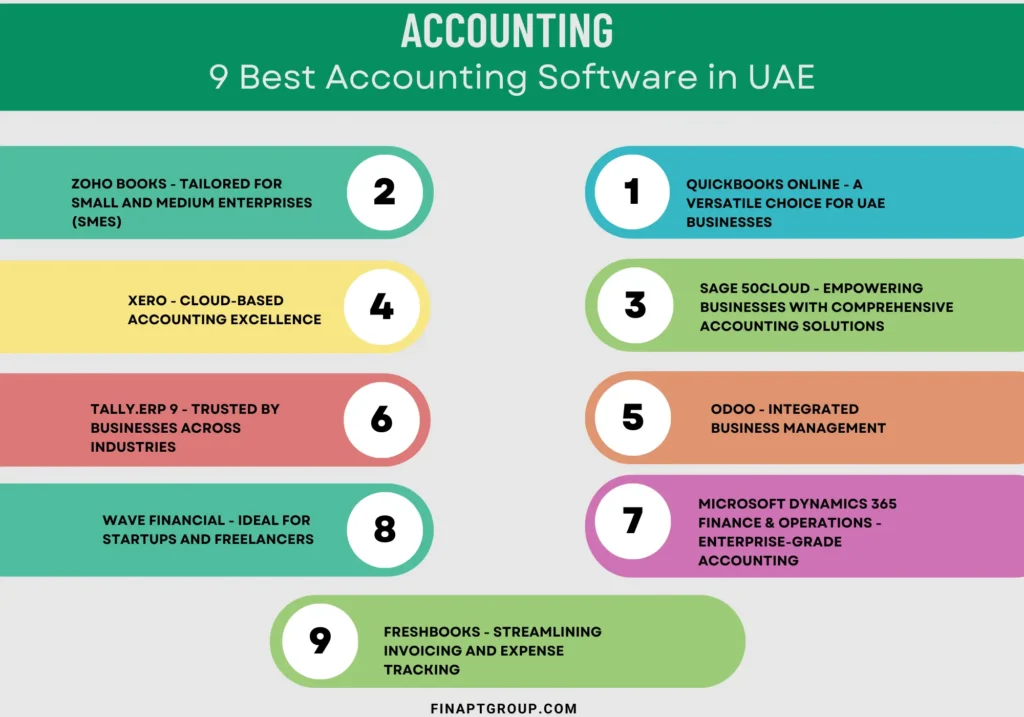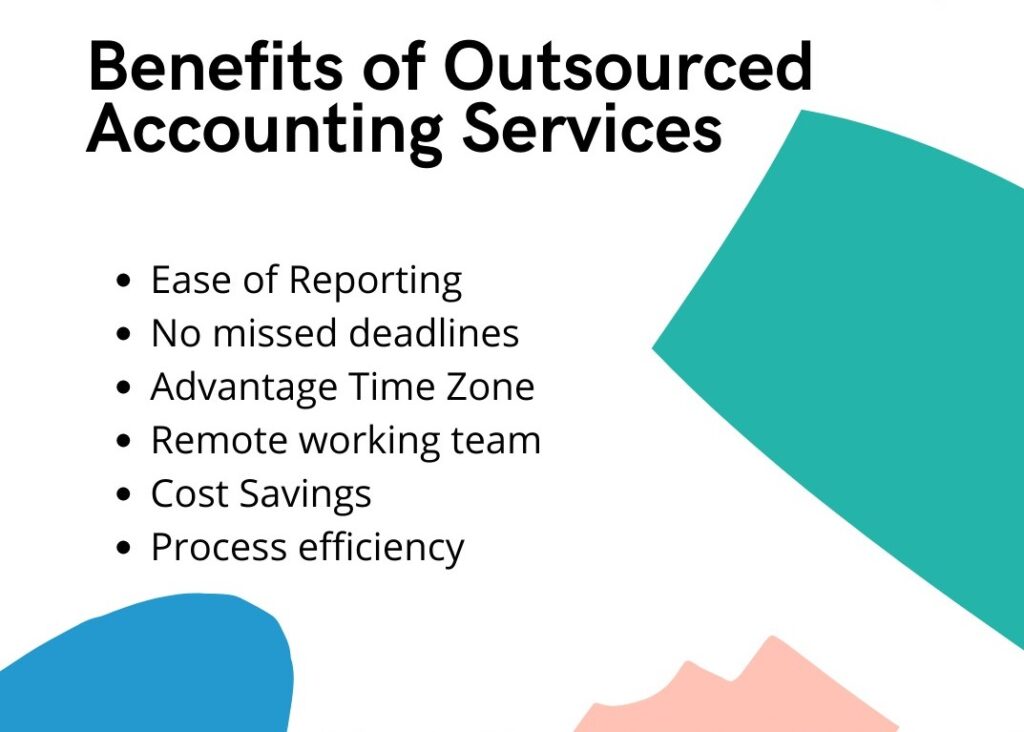Accounting and Payroll Management for Dubai-Based Companies: A Complete Guide
Introduction
Dubai, one of the fastest-growing business hubs in the world, offers a vibrant environment for companies of all sizes. With its favorable tax policies, strategic location, and modern infrastructure, it continues to attract entrepreneurs and investors from across the globe. However, to operate successfully in this competitive landscape, businesses must stay on top of two critical areas: accounting and payroll management.
In this blog, we’ll explore the importance of accounting and payroll management for Dubai-based companies, common challenges, regulatory requirements, and how outsourcing can be a smart solution.
1. Why Accounting and Payroll Management Matter in Dubai

While Dubai provides many advantages to business owners, it also comes with stringent compliance requirements. Proper accounting and payroll management are not just about numbers—they’re about staying compliant with laws, managing cash flow, and making strategic decisions.
Key Reasons Why These Functions Are Crucial:
-
Regulatory compliance with UAE tax laws and labor laws
-
Accurate financial reporting for decision-making and investor confidence
-
Timely salary disbursement to maintain employee satisfaction and legal compliance
-
Audit readiness for free zone authorities or government departments
2. Accounting Requirements for Dubai-Based Companies

Businesses operating in Dubai must maintain transparent and accurate financial records. Whether you are in a free zone, mainland, or offshore jurisdiction, here’s what you need to know:
a) Mandatory Bookkeeping
All companies must maintain books of accounts for at least 5 years, including:
-
General ledger
-
Balance sheet
-
Income statement
-
Cash flow statement
-
Journal entries and supporting documents
b) VAT Compliance
Since the introduction of VAT in the UAE in 2018, businesses with taxable supplies exceeding AED 375,000 must register for VAT. Key VAT-related tasks include:
-
VAT registration and filing
-
Issuing VAT-compliant invoices
-
Keeping proper documentation for input and output VAT
-
Filing returns quarterly or monthly, depending on the business
c) Corporate Tax Requirements
As of June 2023, a 9% corporate tax was introduced for businesses earning above AED 375,000. Proper accounting is essential to determine taxable income, deductions, and to submit accurate tax returns.
3. Payroll Management Essentials in Dubai

Payroll is more than just processing salaries. In Dubai, it involves strict compliance with labor laws, the Wage Protection System (WPS), end-of-service benefits, and more.
a) Wage Protection System (WPS)
All companies registered with the Ministry of Human Resources and Emiratisation (MOHRE) must pay salaries via the WPS system. This ensures transparency and protects workers’ rights.
-
Salaries must be transferred to employees’ bank accounts through approved financial institutions.
-
Non-compliance can result in heavy penalties, labor bans, or license suspensions.
b) Gratuity and End-of-Service Benefits
Employees who complete one year of service are entitled to end-of-service gratuity. The amount depends on the length of service and basic salary. It’s important to calculate and account for these liabilities properly.
c) Leave Management and Deductions
Payroll also includes managing:
-
Annual leave pay
-
Sick leave pay
-
Maternity/paternity benefits
-
Unpaid leave deductions
-
Overtime pay calculations
4. Common Challenges Faced by Dubai-Based Companies

Managing accounting and payroll internally can be overwhelming, especially for small and medium enterprises (SMEs). Here are some typical pain points:
a) Keeping Up with Regulatory Changes
With frequent updates in tax, VAT, and labor laws, staying compliant is a full-time job.
b) Resource Constraints
Many SMEs don’t have the budget or scale to hire full-time accountants and HR professionals.
c) Risk of Errors
Manual processes can lead to costly mistakes—whether it’s incorrect tax filing, salary miscalculations, or missed deadlines.
d) Data Security and Confidentiality
Payroll data is highly sensitive. In-house handling may expose the company to data leaks or compliance risks.
5. Benefits of Outsourcing Accounting and Payroll in Dubai

Outsourcing these critical functions to a professional service provider is becoming increasingly popular among Dubai-based companies.
a) Expertise and Compliance
Reliable firms are well-versed in UAE laws and ensure your business stays compliant with all relevant regulations.
b) Cost-Effective
You save on hiring, training, and maintaining an in-house finance or HR department.
c) Scalable Services
As your business grows, outsourced providers can scale their services accordingly—from monthly bookkeeping to full-service payroll and tax filing.
d) Focus on Core Business
Letting experts handle your back-office operations frees up time and energy so you can focus on growth, innovation, and customer service.
6. What to Look for in an Accounting and Payroll Partner in Dubai

Choosing the right partner is key to long-term success. Here’s what to look for:
-
Experience with UAE businesses and free zone regulations
-
Certifications such as UAE Chartered Accountants or Registered Tax Agents
-
Technology-driven platforms for secure document sharing and reporting
-
Transparent pricing and clearly defined scope of work
-
Positive client testimonials or case studies
7. The Role of Technology in Modern Accounting and Payroll

Cloud accounting software like Zoho Books, QuickBooks, or Xero, integrated with payroll platforms, can streamline your operations. Many outsourced firms offer access to these tools as part of their service.
Benefits include:
-
Real-time reporting and dashboards
-
Automated invoice and payroll processing
-
Easy VAT and tax filing integration
-
Secure cloud storage for financial data
8. Case Study: How a Dubai Startup Streamlined Operations with Outsourced Services

Company: TechWave Solutions (Dubai Internet City)
Challenge: Rapid growth, lack of internal finance team, delayed VAT filings, and employee complaints about late salaries.
Solution: Partnered with an accounting and payroll firm in Dubai to:
-
Implement cloud-based bookkeeping
-
Ensure timely WPS-compliant payroll
-
Automate VAT return filing
-
Get monthly financial statements for investor reporting
Result: Increased compliance, improved employee morale, and better financial planning.
Conclusion
Accounting and payroll management are foundational to the success of any Dubai-based business. With the regulatory environment evolving and competition increasing, companies can no longer afford to treat these functions as secondary.
Whether you’re a startup or an established enterprise, investing in professional accounting and payroll services ensures compliance, accuracy, and peace of mind. By outsourcing to the right partner, you unlock valuable time and resources to grow your business confidently in Dubai’s dynamic economy.
Need Help with Accounting or Payroll in Dubai?
At Reliant Accounting Services, we specialize in helping businesses like yours stay compliant, organized, and financially healthy. From VAT filing to payroll outsourcing, our expert team is here to support your growth.
Contact us today for a free consultation.


